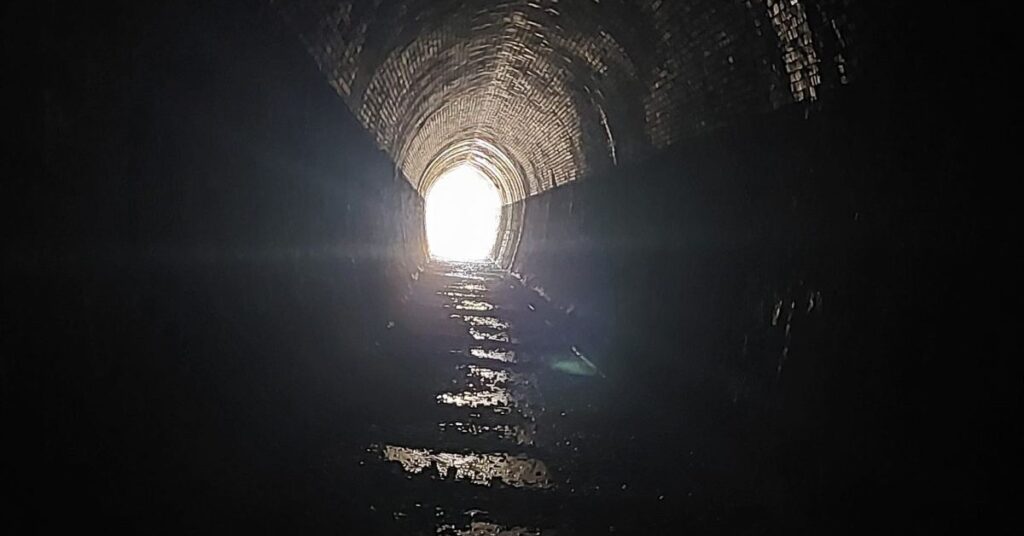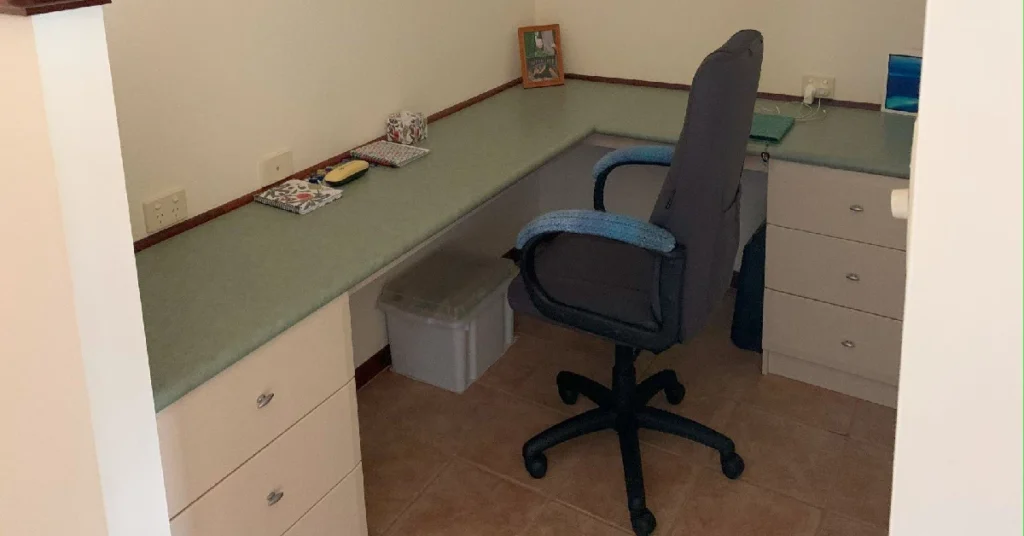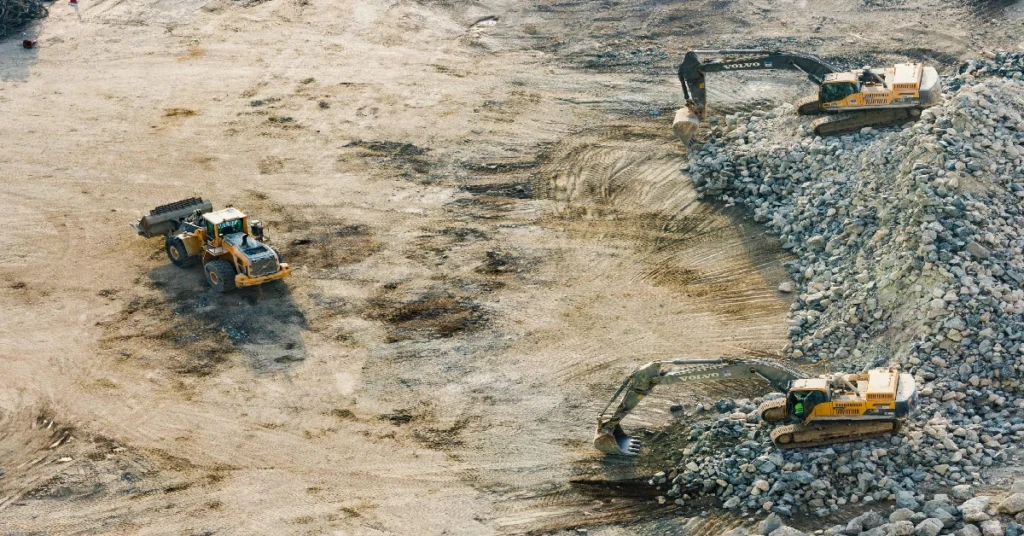Before You Respond to a Tender
Most small businesses jump into tendering with the wrong first step. They either go straight to writing or rush into applying without understanding the bigger picture. But the truth is, winning tenders isn’t about writing better—it’s about choosing smarter.
Start With a Go/No-Go Decision
The first thing you must do is decide whether the opportunity is actually worth pursuing. This is known as a Go/No-Go decision.
It’s tempting to think, “We’ll just give it a go.” But bidding is time-consuming, resource-heavy, and emotionally draining—especially for small teams. Each submission that fails chips away at morale, budget, and confidence. You don’t want to waste time chasing work that you can’t win or don’t really want.
A clear Go/No-Go decision helps you focus on the tenders that are winnable, strategic, and right-sized for your business.
What Should You Look At Before Saying “Yes”?
Does the contract fit your size and experience?
If the tender is worth more than 30% of your annual turnover, you might be seen as too risky by the buyer.Have you delivered similar work before?
Past experience matters. Buyers are risk-averse. If you can’t prove your experience, they’ll choose someone who can.Do you have the resources to write a compelling bid?
A strong submission takes time—anywhere from 40 to 200 hours depending on complexity. Rushing it at the last minute won’t cut it.Do you understand the buyer?
If you’ve never worked with them, don’t know their values, or aren’t across their goals and concerns, your chances drop.Is there already an incumbent?
If so, are they likely to be reappointed? You’ll need to offer something clearly better—not just cheaper—to compete.
Why This Step Matters
Without a Go/No-Go filter, most small businesses fall into two traps:
They submit a tender just because it’s available—not because it’s aligned.
They try to win on price because they can’t demonstrate value in other ways.
Both paths are exhausting and unsustainable.
Strategic tendering starts with discipline, not effort. It’s better to respond to five tenders you can win than twenty you might.
What Comes Next?
Once you’ve made a clear Go decision, your next steps are:
Read the Request for Tender in full
Map out the timeline and your available resources
Assemble your internal team (or external help)
Start planning your solution—not your writing
But none of that matters if you haven’t first asked, “Is this worth our time?”
Final Thought
Many small businesses lose tenders not because their solution was weak—but because they shouldn’t have bid in the first place.
If you’re serious about growing through tenders, start with strategy, not speed. Make Go/No-Go the first and most important decision every time.
If you would like some help with your Go/No Go decision, try out our calculator. Else, check out our other resources to help you with other questions.












